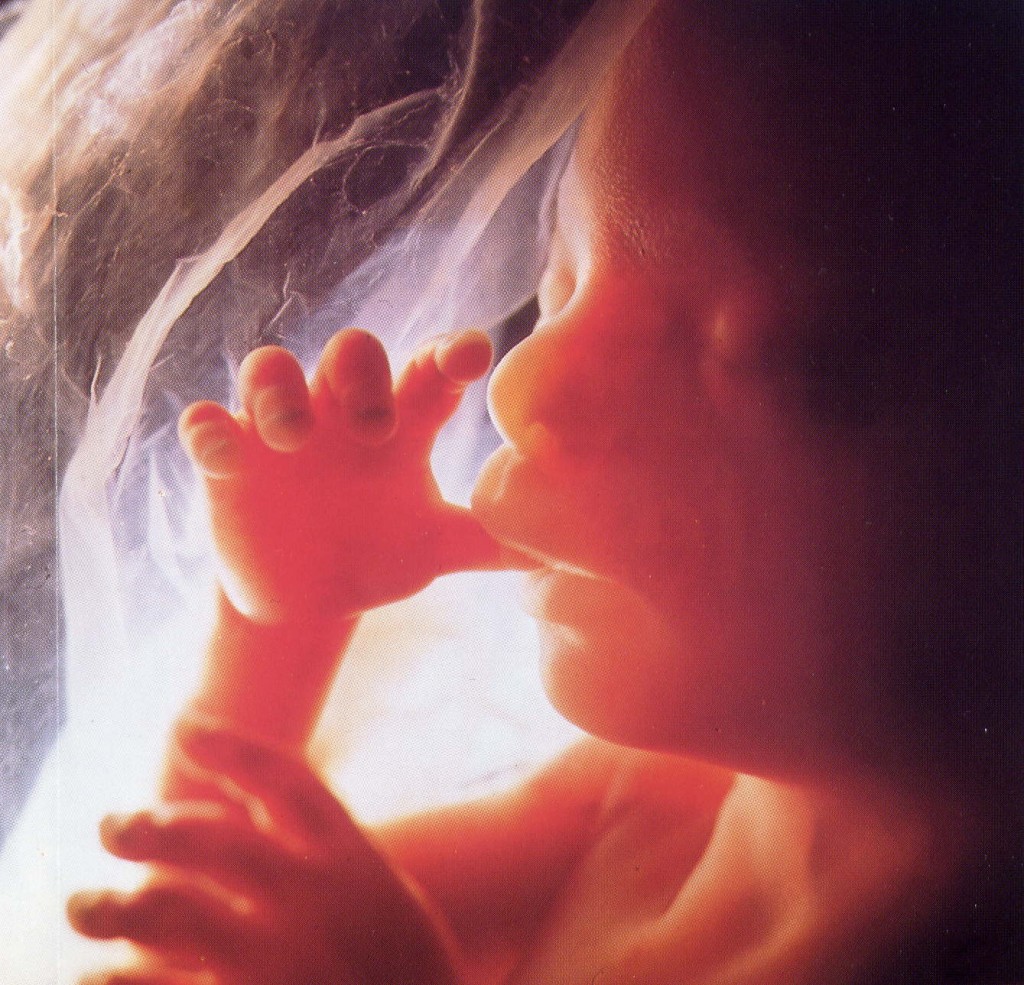The ruling of abortion
What is the Islamic ruling regarding termination of pregnancy?
Islam is a comprehensive and complete religion. All circumstances and incidents which human beings may encounter in this world until Qiyaamah have been recorded in detail and the Qur’an, Ahadeeth and in the books of jurists which are based on the teachings of the Qur’an and the Ahadeeth. One of these is to prevent the birth of a baby or to kill or destroy it after it is born. Islam detests all these, and has declared some of these methods as improper and Haraam (prohibited).
Contrary to this is the order to increase birth rate and to marry such a women that is expected to bear more children. The Prophet (Peace be upon him) has said, ”Marry such a women who is capable of giving more children, and is more loving to her husband in her behaviour, because I would take pride over other nations about your superior number.” (Mishkaat)
In the time of The Prophet (Peace be upon him), there was a method of contraception called ‘azl’ (coitus interruptus), in which during intercourse, by withdrawal just before ejaculation, semen was produced outside the women’s body. It is narrated that when some people asked permission for this, The Prophet (Peace be upon him) granted permission but he did not like it. In the same way, some companions asked permission for castration, which The Prophet (Peace be upon him) prohibited explicitly.
When man and women have intercourse, mans sperm meets women’s egg, then babies development stages start, marking the beginning of the period of pregnancy. In one Hadeeth The Prophet (Peace be upon him) said, “It remains embryo for the first forty days, then lump for forty days, and then bones for forty days, then Allah sends an angle with four things which he records for the baby’s actions. Length of life, provisions, and pious or impious. Then the rooh (soul) is blown inside the baby”. This Hadeeth is recorded in detail in Mishkaat Shareef. Bukhari Shareef and in Muslim Shareef. From this it appears that when a baby’s age reaches 120 days in its mothers womb, all organ differentiation is almost completed and it has acquired the shape of a human body, and a soul. Now comes the question whether abortion is allowed or not. Regarding this, I am quoting Imdaadul Fataawaa (Vol.4, P.202), a ruling by a great jurists, Shaykh Maulana Ashraf Ali Thanvi (rahmatullahi alayh). The Shaykh says that if investigation (by scan, etc) shows the possibility of existence of life, then to course abortion will be totally forbidden, and akin to murder of an innocent life. If life does not exist, and if there is a valid reason, this will be a prohibited action; though ruling of a murder will not be attributed, it will be regarded in it self an act of sin. And to use any methods to stop future pregnancy (implantation) without reason is detested, but it is lesser in abhorrence. In conclusion, the worst of all actions is abortion after signs of life appear; abortion before signs of life is worst, and use of methods of prevention of implantation is bad. This detail ruling of Hadhrat Thanvi rahmatullahi alayhi is recorded with further clarification in the famous book of jurisprudence Raddul Mukhtaar (Shaami, P.429 and 374).
It is concluded that the use of medical or other means of prevention or implantation because of some genuine and pressing Shara’ee (Islamic) reason is disliked (Makrooh), but allowed because of compelling necessity. If implantation has acquired but life is not detectable yet, then in such a case the detestation will be greater, though Sharee’ah (Islamic law) allows for to consenting to or carrying out abortion in compelling circumstances, and after the completion of development and differentiation and after becoming alive, abortion becomes prohibited and Haraam, and the sin of killing an innocent life will be committed and its penalty will become Wajib (obligatory).
Now one may ask: What are the genuine or compelling Shar’ee reasons?
These are if: pregnancy creates danger to mothers life or it causes a problem or harm to pre-existing children etc. Other than these, if a termination is caused there are too many children; or difficulty in bringing them up; or there is no need for any more children; etc, all are brain storms from Shaytaan (Devil), and they are not Shara’ee (Islamic) reasons. And if an action is prohibited by Sharee’ah as Haraam or Makrooh, then to do or to help in doing such action will also be prohibited according to the saying in Qur’an, “And do not help in the evil and sinful acts.” Hence the doctor will also be sinning according to his level of involvement.
ALLAH KNOWS BEST
(Riyadh ul Jannah Vol.6 No1 January 1997)
